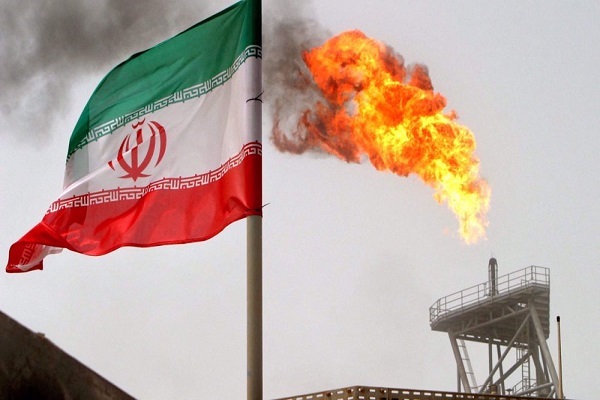
TABNAK, Feb 13: Ali Shamkhani said the US proposes holding dialogue with Iran but at the same time it intensifies sanctions against the country.
Negotiation should be carried out at the proper time from a position of strength and with the aim of securing national interests, not as a solution to internal problems, he added.
He emphasized that negotiations would be meaningful only if both sides demonstrate the necessary will and capacity to reach a lasting agreement, but “experience provers that the US has not remained committed to its obligations.”
The senior official once again reaffirmed Iran’s commitment to the talks to revive the 2015 nuclear agreement, officially known as the Joint Comprehensive Plan of Action (JCPOA), despite the US’ unilateral withdrawal.
Shamkhani said Iran has not abandoned negotiations; rather, it is the United States and Europe that failed to live up to their commitments and must remove the sanctions imposed on the country.
He criticized the US policies and its “unreliable” proposal for negotiation, adding that talks hinge on adoption of a logical and respectful approach on the part of the European signatories to the JCPOA.
In case of any negotiation, Iran will only focus on the removal of sanctions and not a merely superficial and nonpractical agreement, he pointed out.
The Leader’s aide said any possible agreement or negotiations would not surely lead to the resolution of Iran’s economic problems, further explaining that the experience of the JCPOA and lack of commitment of the US and Europe have shown that relying solely on negotiations would not bear fruit.
He stressed that structural reforms and proper economic governance are the main prerequisites for improving the country's situation.
Shamkhani dismissed the “incorrect” view that negotiations would lead to an agreement that would solve economic problems.
There have been many countries that, despite extensive economic agreements, continue to face economic crises due to weak domestic infrastructure, he explained.
He stressed the importance of improving domestic foundations and reducing dependence on external variables to solve the country’s problems.
In that case, Iran can enter any possible negotiations from a position of strength and not out of necessity, Shamkhani said.
He was echoing Ayatollah Khamenei’s remarks last week that experience has shown negotiations with the US have no effect on solving Iran's problems.
"Some people pretend that if we sit at the negotiating table, some problems will be solved, but the fact that we must understand correctly is that negotiating with the US has no effect on solving the country's problems," the Leader stated.
On February 6, the United States imposed its first set of sanctions on Iran after US President Donald Trump revived his so-called maximum pressure strategy against the Islamic Republic.
The move came two days after Trump said he was willing to revive negotiations with Iran but signed an executive order, restoring his so-called “maximum pressure” campaign against Tehran.